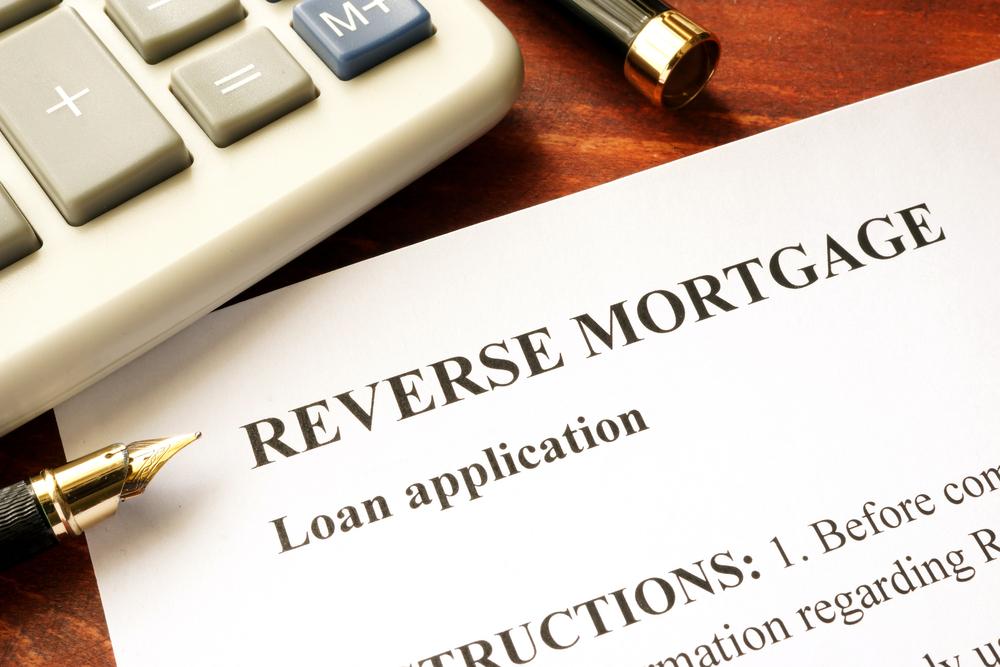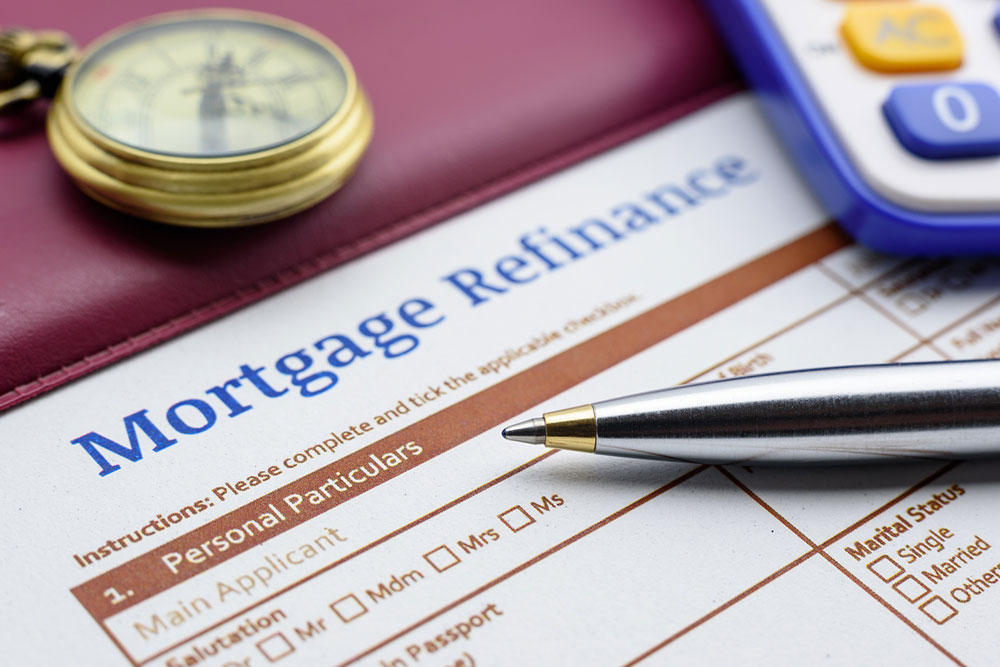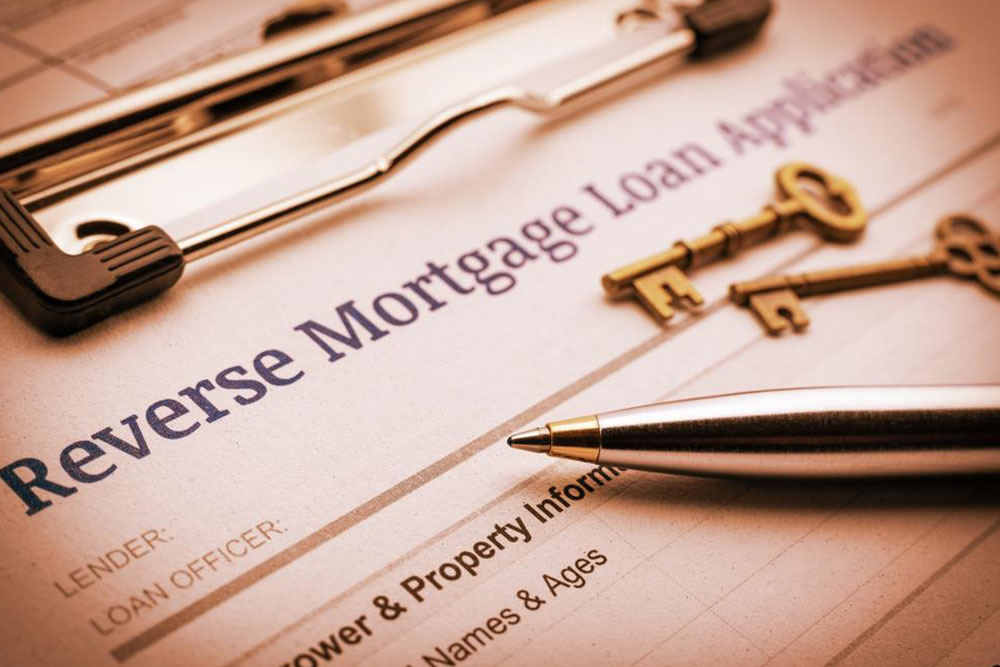Advantages and Disadvantages of a 15-Year Home Loan
A 15-year mortgage offers faster homeownership and significant interest savings, but entails higher monthly payments and potential financial risks. This article explores the key pros and cons to help homeowners make informed decisions about their mortgage options.
Sponsored

Prospective homeowners often face the choice between a 15-year and a 30-year mortgage. Many opt for the longer term due to lower monthly payments, but the 15-year option offers significant benefits, including faster equity growth and potentially substantial savings on interest over time. While payments are higher, they help homeowners pay off their property quicker and reduce overall debt in a shorter period. Let's explore the advantages of a 15-year mortgage.
Key benefits include:
Stable interest rates Fixed-rate mortgages ensure consistent payments, providing financial predictability for the loan duration.
Due to the shorter amortization schedule, monthly payments tend to be higher. It's essential to evaluate your financial stability, job security, and lifestyle preferences—such as whether you’re willing to cut back on vacations or dining out. Banks perceive shorter-term loans as less risky, which translates into lower interest rates compared to 30-year loans.
Support from government-backed entities Loans issued through government-affiliated agencies often come with reduced fees over the term, making them an attractive option.
Loans insured by Federal Housing Administration (FHA) typically carry lower mortgage insurance premiums for 15-year terms. Additionally, borrowers with smaller down payments or lower credit scores generally find better terms on shorter loans, with fewer fees and decreased costs.
Related: 10 Tips for Securing a Mortgage
Financial discipline Committing to a 15-year plan can motivate disciplined saving, allowing homeowners to free up funds for future investments like college savings or early retirement.
Building home equity Payments made more quickly accelerate equity buildup, functioning as a form of forced savings, since funds contribute directly to increasing property value rather than sitting idle in savings accounts.
Now, let's consider some drawbacks of opting for a 15-year mortgage.
Financial vulnerability Higher monthly payments can strain finances, especially in emergencies like job loss or health crises, leaving borrowers at risk.
Tax implications Shorter loan durations reduce the amount of mortgage interest deductible, potentially decreasing tax benefits.
Limited investment flexibility Money allocated to higher payments may otherwise be invested in stocks or retirement accounts, which could generate greater returns.
Stay informed about mortgage trends Follow us on Facebook and Twitter for the latest news and tips on real estate and investments.






